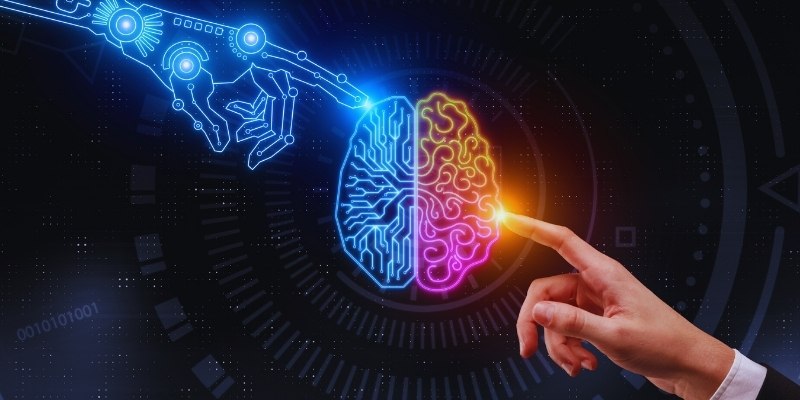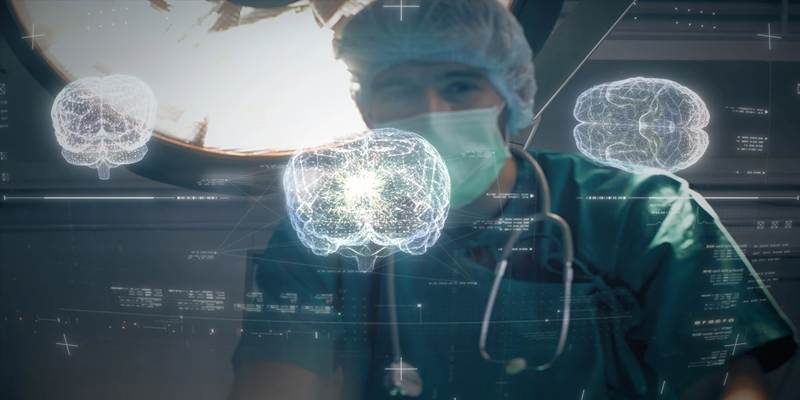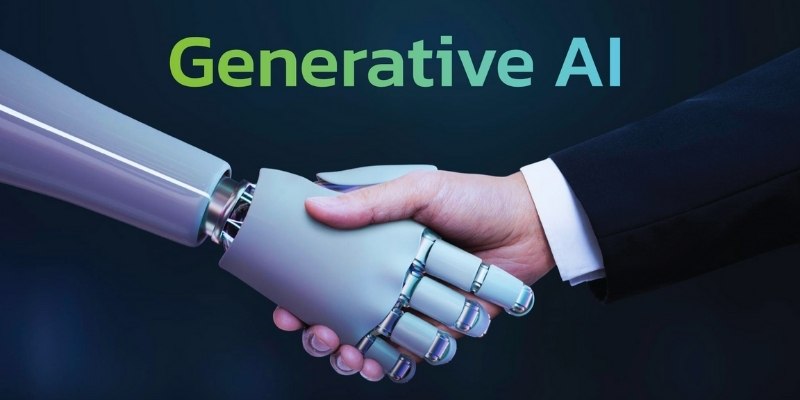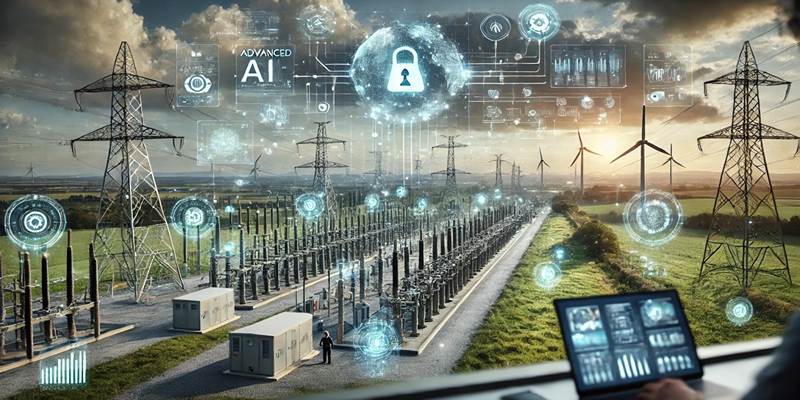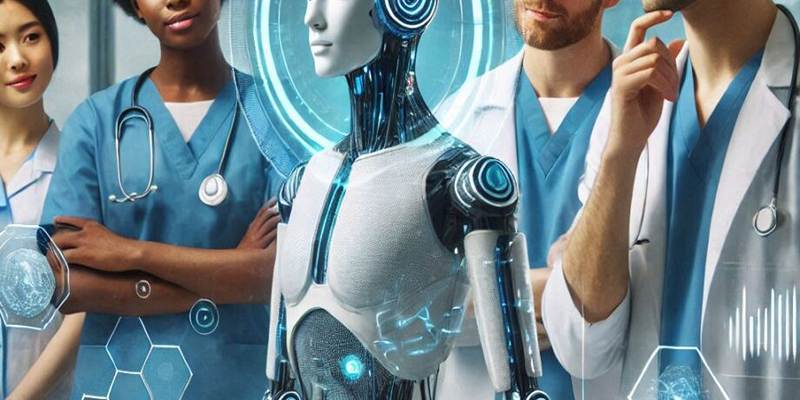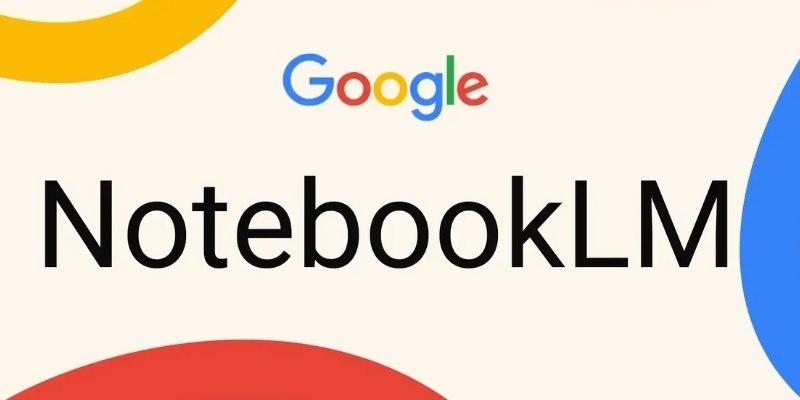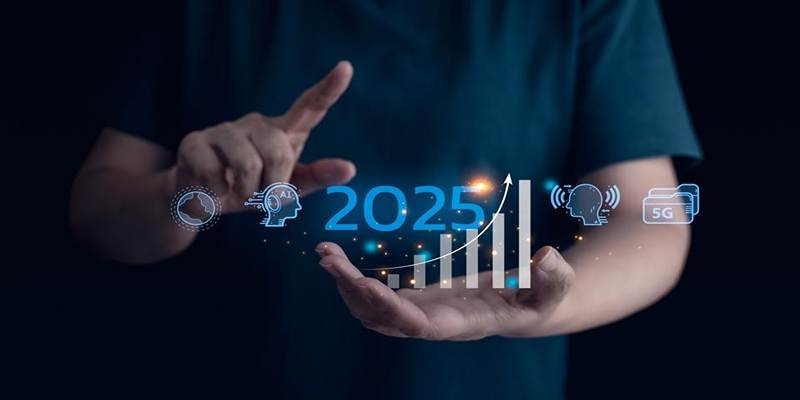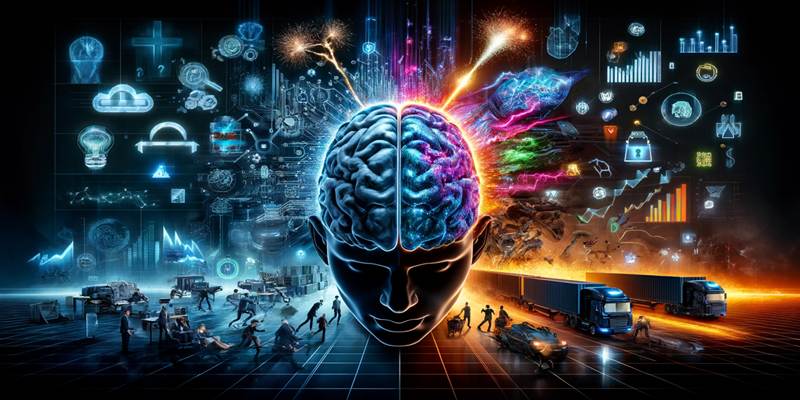Artificial intelligence is altering personal interactions. Many people nowadays seek emotional support and company from artificial intelligence. Daily life is seeing an increasing frequency of virtual girlfriends and digital therapists. These artificial intelligence-driven gadgets offer comfort, communication, and even direction. While some find them useful tools, others worry about their influence. Virtual friends can provide lonely people with emotional help. AI therapists offer mental health guidance that is available at any moment.
Quick development and increasing sophistication of this technology are underlined. Anyone can speak with artificial intelligence anytime someone requires assistance. Some think this helps to lower anxiety and tension. Privacy and emotional reliance, however, give cause for questions. This article investigates artificial intelligence in personal roles, advantages, and possible difficulties. It also talks about how artificial intelligence is changing relationships.
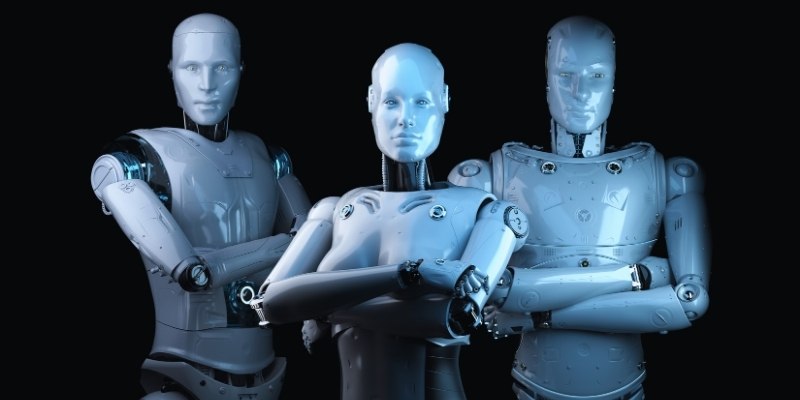
The Rise of Virtual Girlfriends
AI-powered girlfriends are becoming somewhat well-known. Through chat and audio exchanges, these digital friends mimic love connections. Many applications nowadays provide AI girlfriends with voice and configurable characteristics. People utilize them for several purposes. While some yearn for entertainment, others require emotional support. Artificial intelligence girlfriends can remember specifics about individuals, converse, and send messages. They console people who feel isolated.
Some customers even develop strong emotional attachments to them. Emotional reliance raises questions, though. Some worry that depending too much on artificial intelligence for affection will sour ties in real life. Furthermore, experts doubt whether artificial intelligence can replace human interaction. Demand for virtual girlfriends keeps rising, even with reservations. AI will become more sophisticated, giving interactions an even more real feel.
Digital Therapists: AI for Mental Health
Artificial intelligence therapists are designed to help mental wellness. They offer advice, coping mechanisms, and emotional support. Many apps nowadays provide artificial intelligence-driven consulting. One can speak with an artificial intelligence therapist whenever they so like. Those who find it difficult to receive conventional therapy will find this useful. Natural language processing helps artificial intelligence therapists to grasp human feelings. They consider words and tones to answer suitably. Speaking with artificial intelligence makes some people more at ease than with humans.
They could feel less under scrutiny and more free to share personal problems. AI therapy has limits, though. Unlike a real therapist, artificial intelligence cannot entirely comprehend human emotions. It likewise lacks human sensibility and empathy. Although artificial intelligence can provide simple assistance, complicated mental health problems still require human experts. Even with these issues, AI treatment is still a good choice for many people.
Benefits of AI in Intimate Roles
Users of artificial intelligence companions gain various advantages. They provide emotional support and are always available. Unlike people, artificial intelligence is constantly eager to listen and reply, which helps people who feel alone. Privacy has yet another benefit. Opening out to artificial intelligence seems simpler for some than to a human. Their fears are not those of shame or censure. Additionally, artificial intelligence helps with stress and anxiety. Talking with virtual friends comforts many people.
Artificial intelligence therapy is often more reasonably priced than human counseling. Many applications provide low- or free mental health support, making therapy more reachable for people with limited means. AI friends also support individuals' social skill development. Some utilize them to gain confidence before socializing or courting. Though these advantages abound, artificial intelligence cannot replace personal connections. It is more effective as a supporting tool than as a whole replacement.
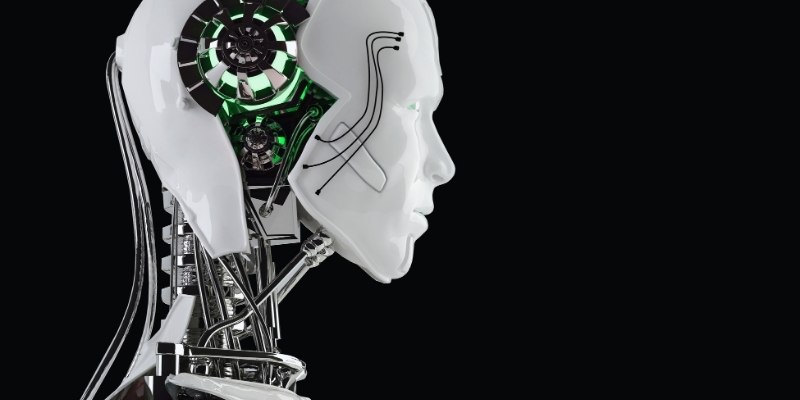
The Ethical Concerns of AI Companionship
AI presents ethical questions even if it brings many benefits. Emotional attachment is one of the main problems. Some people start depending overly on artificial intelligence for the company, which can lead to social isolation and withdrawal. Privacy and data security are still other issues. AI systems save data and gather personal conversations. Users have to believe businesses can safeguard their data. One also runs a risk of misuse.
Some businesses could utilize artificial intelligence to control consumers either financially or emotionally. AI partners also lack actual feelings. Though they cannot experience actual emotions, they can replicate empathy. It can lead to a mistaken sensation of connectedness. Though it does not, users could believe that artificial intelligence looks after them. AI should be used wisely. Real human relationships should be balanced with artificial intelligence interactions. The development of ethical rules is necessary to guard consumers from possible hazards.
The Future of AI in Relationships
Future developments in artificial intelligence should see increasing complexity. Virtual friends might acquire more human-like voices and feelings. AI therapists could become better at identifying emotional pain. These developments could make artificial intelligence companionship more plausible. Some analysts think artificial intelligence could help in actual relationships. AI could enable couples to improve their communication skills. It might provide emotionally based relationship guidance. AI could potentially help people suffering from social anxiety. It might enable them to have pre-social event chats.
AI will never, however, totally replace personal relationships. Replaced cannot be real emotions, physical touch, and human intuition. AI should be considered a method to enhance rather than replace human relationships. The ascent of artificial intelligence in personal roles is still in progress. Artificial intelligence companionship and real-life connections have to be balanced in society. The responsible application of artificial intelligence can have advantages that do not substitute human relationships.
Conclusion:
Personal connections are being shaped by artificial intelligence. Digital therapists and virtual girlfriends offer consolation and company. They enable people to deal with mental health issues and loneliness. Artificial intelligence is always ready and less expensive than conventional medicine. However, issues with ethics, privacy, and emotional dependency call for attention. Real-life contact and human emotions cannot be replaced by artificial intelligence. One should employ artificial intelligence sensibly and have social contacts. Improved artificial intelligence technology will change relationships in fresh ways. The secret is to strike a mix between artificial intelligence applications and personal relationships. Although artificial intelligence can be useful, genuine relationships will always remain vital.
